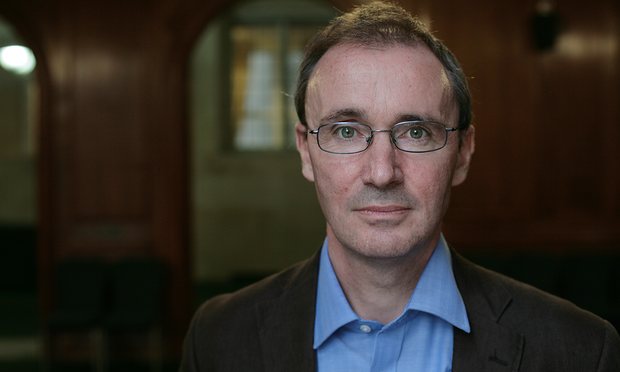After the Bishop of Grantham in the Church of England, Nicholas Chamberlain, told an interviewer last week that he was gay lots of people have felt they had something to say on the issue. You can find a round up of reactions at Thinking Anglicans here.
Perhaps one of the most salient is the response of Scottish priest and blogger Kelvin Holdsworth, Provost of St Mary’s Cathedral in Glasgow. In his response, posted at his blog, he brings up some important points that have little to do with the Bishop of Grantham and a great deal to do with the seemingly endless inability of some Anglicans to accept the innate, ontological nature of human sexuality.
First up is the issue of “celibacy.”
“we seem to be no further forward in getting either a common or a common-sense understanding of what celibacy is. The indignity of people being forced to declare what happens in their bedrooms is hideous. Moreover, the idea of someone being in a “celibate relationship” is entirely absurd.
I’ve written about celibacy at some length before in a blog post which enraged a good many people. (Beware of the Celibate)
I have not fundamentally changed my mind since then. It seems to me that celibacy in the Christian tradition is a turning away from romantic relationships in order to be able turn towards God and turn outwards to others. The idea of an exclusive partnership which is in some way celibate is bordering on being a contradiction of terms. What is really being discussed in England is whether individual bishops (and others) are choosing to abstain from certain sexual practises. There is an enormous difference between celibacy and abstinence and the confusion in the Church of England doesn’t just make Anglicanism look foolish but discredits Christianity as a whole, makes a laughing stock of the wider Anglican Communion and makes it much harder to share the love of God to those who need most to know about it.”
He also takes to task the Secretary General of the Anglican Communion, Dr Josiah Idowu-Fearon.
“[He] perhaps needs to be reminded that a far greater sin than homosexuality is the inability in his office of being able to distinguish between the Church of England in particular and Anglicanism in general. There are, to put it bluntly once again, churches within the Communion which don’t accept the moral teachings of Lambeth 1.10, never accepted the moral teachings of Lambeth 1.10 and never will accept the teachings of Lambeth 1.10. For the Secretary General to persist in the fantasy that the Communion is united in believing in Lambeth 1.10 is the equivalent of believing that there are faeries (albeit perhaps celibate faeries) living at the bottom of the Lambeth Palace gardens.”
Ultimately, this sort of knowing acknowledgment and hair-splitting focus on what individuals are doing with their “bits” undermines the Church’s efforts to further Christ’s mission because it makes them look hypocritical. As Kelvin writes; “England will not be won for Christ whilst the structures of the Church of England make Christianity look like a religion for narrow-minded fools.
Read it all; he makes some excellent points and offers substantive critiques.
Also read the comments – this exchange especially stood out (and has subsequently been deleted):
Well the church is supposed to represent Jesus. The church (the Christians) are to live Holy lives. That means everything I do should be governed by scripture. Christ’s ambassador to the world. We all sin. But should always be in a state of repentence or sober thinking. If the Pope was gay would that be a good thing or a bad thing.? If your gay you need to resign from any leadership roles in the church setting. In a bank or secular job is OK because you are not professing Christianity. But sin is sin. So if you are not Christian then live as you wish within the law of the land. God hates sin. Homosexeuality and gay relationships is also sin.
Kelvin says:
-
Bless you for commenting here, Mick. Just to confirm I’m quite as gay as you fear.
For the benefit of sensible discussion, further comments welcome about the issues raised in my post which don’t include whether or not being gay is legitimate.
image: Martin Godwin/for the Guardian

